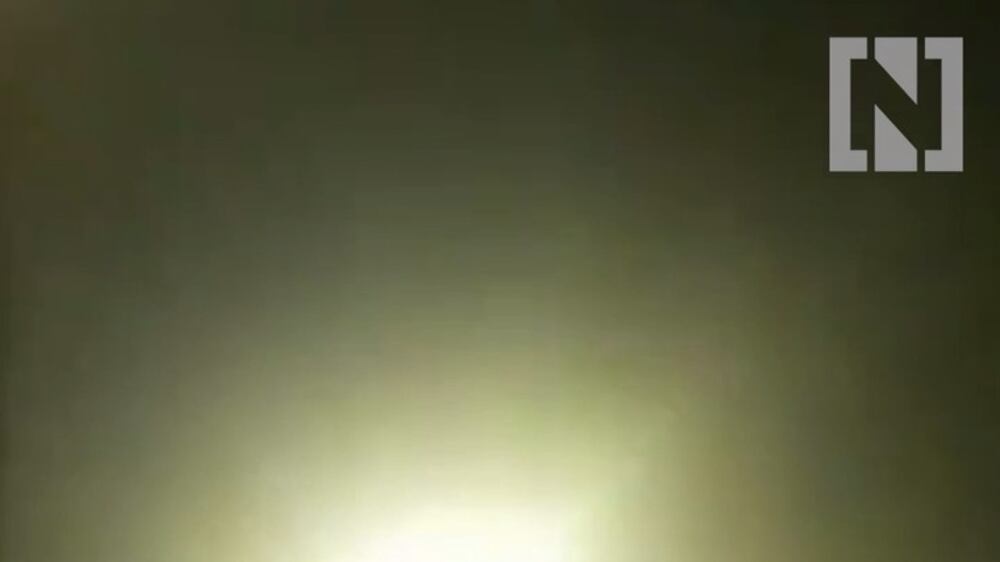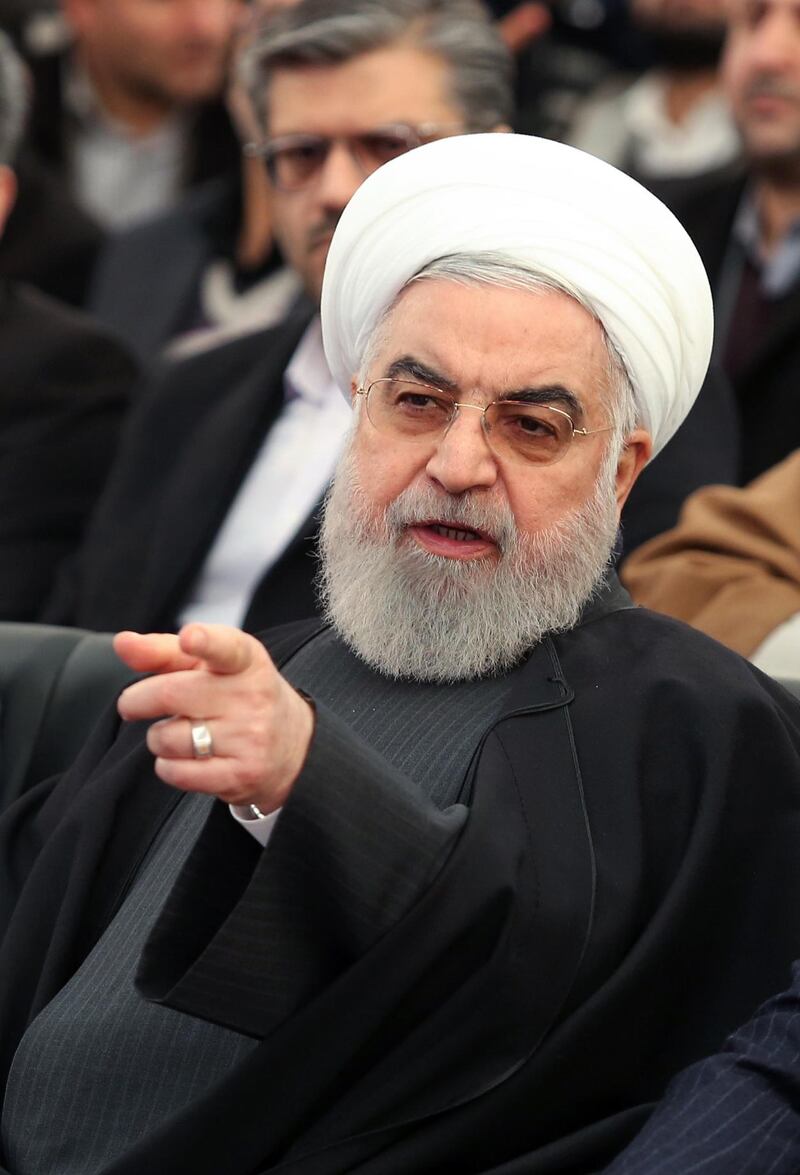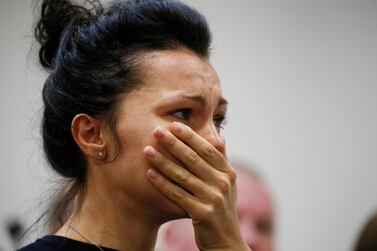“Is this normal for us?” This question was posed by an Iran Aseman Airlines pilot to air traffic control above the skies of Tehran in the early hours of January 8. He had just seen a flash of light in the sky, coming from an easterly direction, which he described as looking like the explosion from a missile.
“I don’t think it is a problem for you,” came the reply from the control tower 2,400 metres below. But it was a big problem – not only for the pilots in Iranian airspace that morning, but for the entire country. Before the Aseman pilot’s question had come through, the air traffic controller had spent two minutes frantically radioing Ukraine International Airlines flight 752 without reply, the note of panic in his voice rising. It had transpired that the Ukrainian passenger flight was shot down by the Iranian Revolutionary Guard Corps, and soon Iran’s effort to cover up the tragedy would begin.
Iranian President Hassan Rouhani eventually came to describe the downing of the Ukrainian plane as an "unforgivable mistake". As Iranian efforts to deny what happened for three days showed, however, the regime in Tehran went to considerable lengths to avoid issuing any apology whatsoever. Initial explanations were that the plane simply crashed.
The incident occurred in the aftermath of the US killing of Iranian general Qassem Suleimani, leader of the Islamic Revolutionary Guard Corps’ Quds Force, and on the same morning that Iran retaliated for Suleimani’s death by targeting Iraqi bases hosting US troops. None of the 176 passengers and crew survived the attack. The crash became an international tragedy, as it involves a Ukraine airliner, an American plane and victims from six countries, including Iran.
Eventually, after intelligence reports in western countries revealed the truth, Tehran was forced to admit what it had done, and declared that it was ready to co-operate in the subsequent investigation. The reaction of the families of the victims and Iranian people, understandably, has been nothing short of total shock and anger.
Pilot reports downed plane in leaked audio

The recording from air traffic control in Tehran was leaked over the weekend; Ukrainian president Volodymyr Zelenskiy has said that its content “proves that the Iranian side knew from the start that [Ukraine’s] plane had been hit by a missile. Iranian civil aviation authorities pointed the finger for the recording’s release at Ukraine, calling the leak “a strange move”. But Iran’s behaviour has set a new bar for strangeness. Tehran has now ceased co-operation with Ukrainian and other international investigators. This co-operation was Iran’s lifeline to the goodwill and sympathy of the international community in this tragic affair.
The Iranian government has now shown that it is uninterested in genuine cooperation.
Iran’s leadership has proved once more that protecting the regime is more important to it than protecting people’s lives, even if this means concealing evidence and shielding those responsible for gross violations of Iranian and international law.
To withhold vital information from international investigators into the plane crash is disrespectful to the memory of the victims, whose deaths could have easily been prevented had Iran taken more care in its ham-fisted attempts to respond to the assassination of its general, who is himself responsible for a host of other crimes. The events of this week offers little compassion for surviving relatives who are still seeking answers.
The grieving nations have made their demands clear. The foreign ministers of the five nations – excluding Iran – whose citizens were killed in the plane crash demanded nothing short full co-operation, at talks in London last month. “The international community is watching,” said François-Philippe Champagne, Canada’s Foreign Minister. More than 80 Iranians – nearly half of all passengers – lost their lives in the tragic incident.
Iran owes the truth to the families and countries in mourning. It also owes clarity, and a transparent investigation to its own people. Most of all, it owes itself to decide on a definitive answer to the Iran Aseman Airlines’ pilot’s question: is this normal for Iran?






